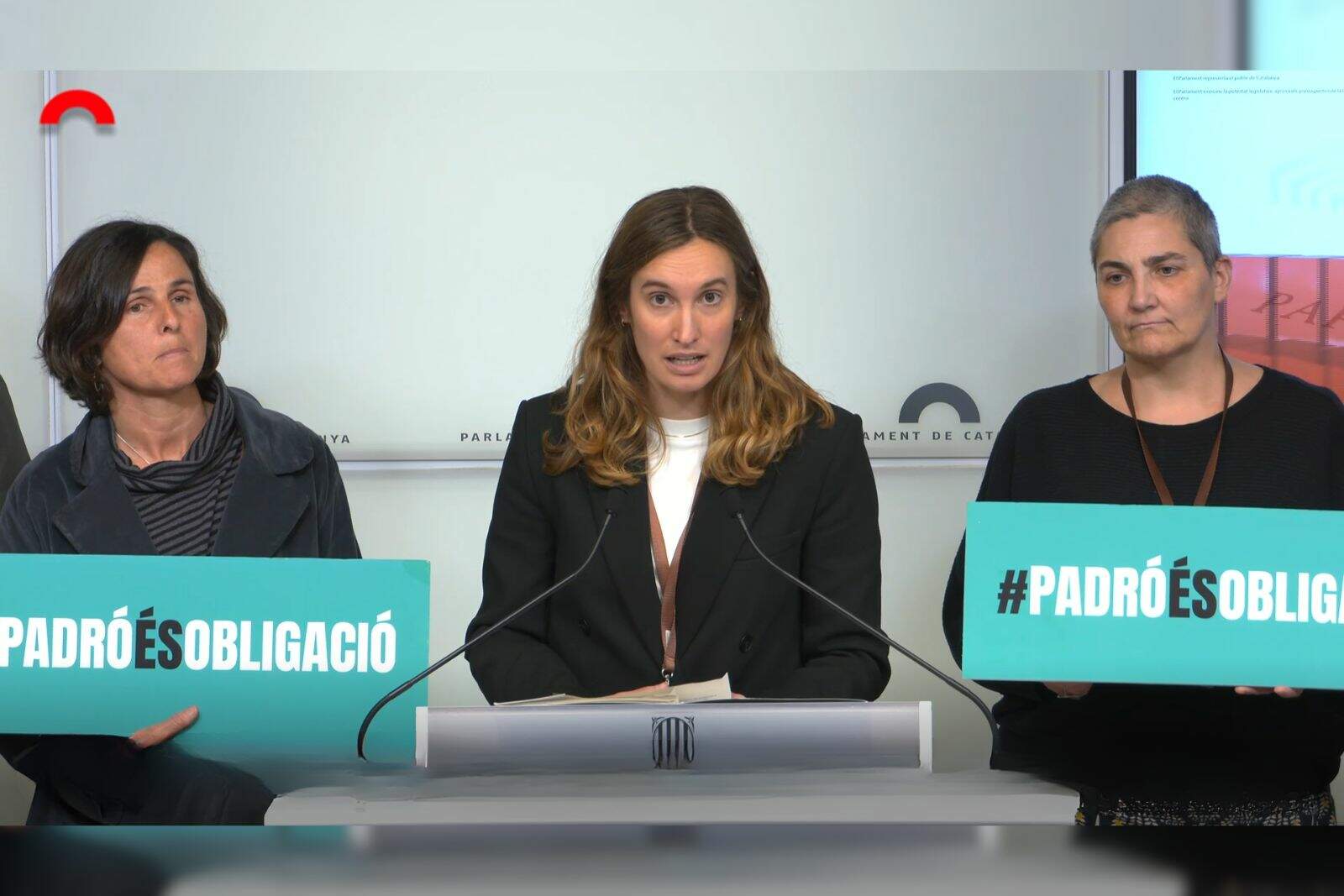
Nigel Wicking, chief executive of Heathrow Airline Operators Committee, which represents airlines that use the west London airport, said there were a “couple of incidents” which made him concerned. He also claimed Heathrow’s Terminal 5 could have re-opened by “late morning” on the day of the shutdown. The airport was closed to all flights until about 6pm on Friday March 21 after a power outage caused by a fire at a nearby electricity substation, which started late the previous night.
This disrupted more than 270,000 air passenger journeys. Mr Wicking told the Transport Select Committee that he spoke to the Team Heathrow director on March 15 about his power concerns, and the chief operating officer and chief customer officer on March 19. He said: “It was following a couple of incidents of, unfortunately, theft of wire and cable around some of the power supply that, on one of those occasions, took out the lights on the runway for a period of time.

“That obviously made me concerned and, as such, I raised the point I wanted to understand better the overall resilience of the airport.” Heathrow insisted after the hearing that Mr Wicking was referring to matters which had “no relation” to the North Hyde substation which caught fire. An airport source said: “To draw a comparison between these incidents is irresponsible.
” In terms of the reopening of Terminal 5, Mr Wicking said: “My understanding both from British Airways, but also on the day, was that pretty much everything was fine to operate by mid-morning, by 10 o’clock.” Heathrow chief executive Thomas Woldbye, appearing alongside Mr Wicking, responded: “If we had got this wrong, we might be sitting here today having a very different discussion about why people got injured, and I think it would have been a much more serious discussion. “So there is a margin within which our people have to take very serious safety decisions, and that is what they are trained for, that is what they do, and that requires that every single system is up and running, tested and safe.
” He told the committee the decision to close Heathrow was made because “it became quite clear we could not operate the airport safely”. He said keeping it open would have resulted in the “disastrous scenario” of having “thousands of passengers stranded at the airport at high risk to personal injury”. Mr Woldbye told the committee it would cost more than £1 billion for the airport to have “full resilience” from power outages, and “we cannot make investments without having airlines (agree to them)”.
Mr Wicking responded: “We already pay enough for Heathrow. “I don’t feel that we should be paying more for further resilience. “The resilience should have been there in the first place, frankly.
” Mr Wicking said the shutdown had cost airlines £60 million to £100 million. He added that it was “unacceptable” the likely impact of a substation failure “hadn’t been shared with us” in advance. Mr Wicking also told MPs that airlines are “not sure about the foundations of Heathrow”, explaining that 82 “baggage system issues” last year meant thousands of bags were not put on aircraft as planned.
He added: “It’s the most expensive airport in the world for passenger charges, and the reality is that we don’t get good value for money as airline users and as consumers.” Mr Woldbye insisted Heathrow is “the most efficient airport in Europe” in terms of the number of passengers it processes per square metre..











